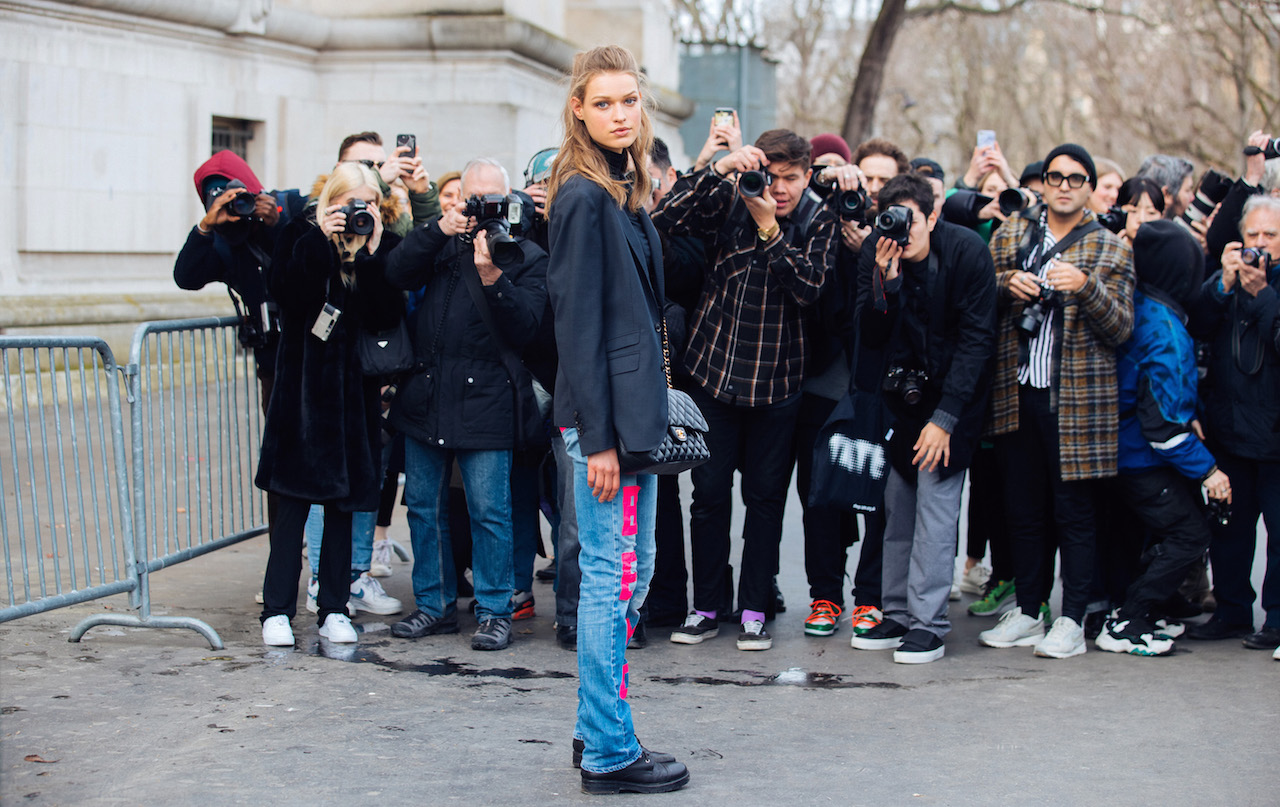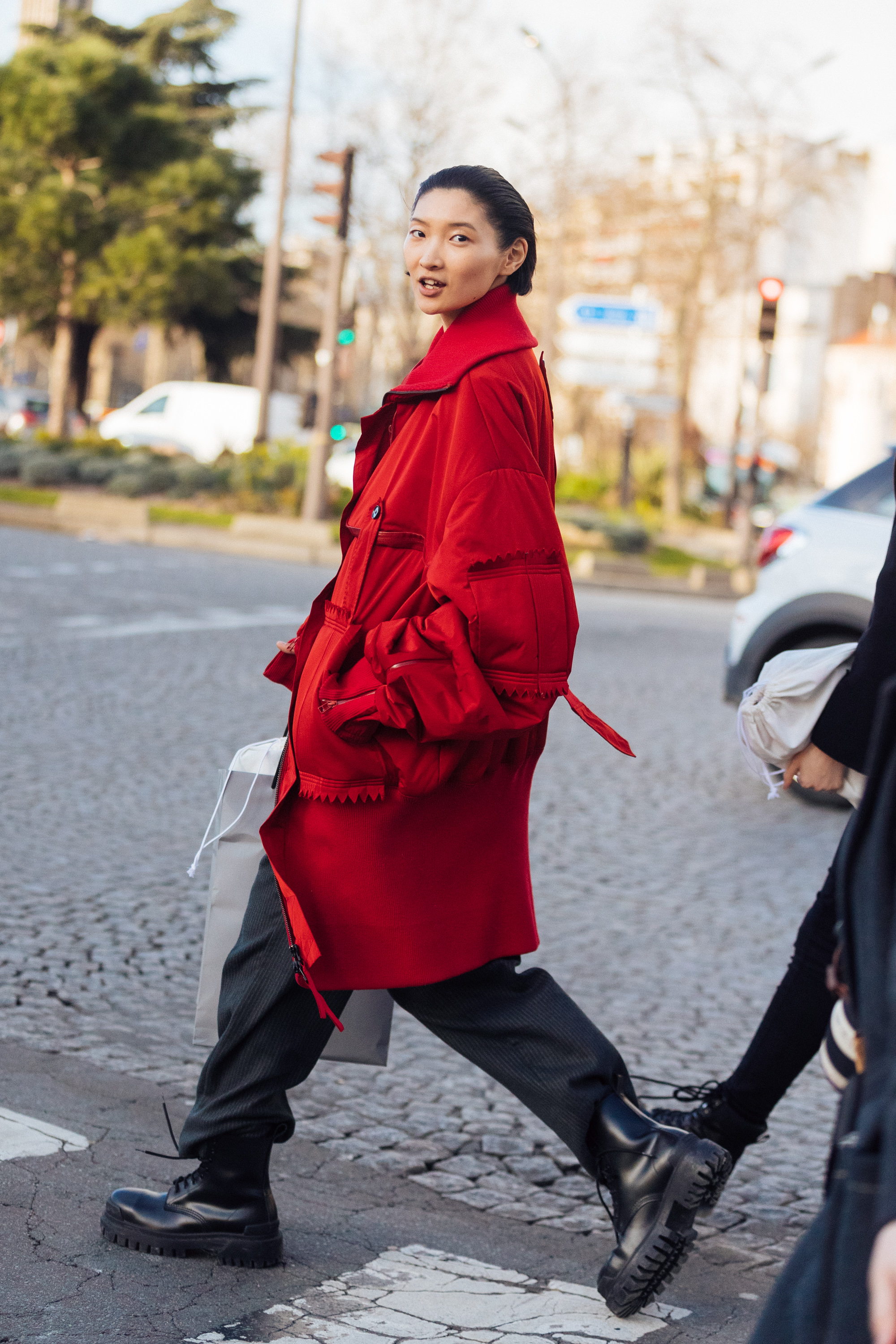News feed

The fashion landscape has been in a state of flux for the last 18 months, subject to the push/pull of old systems up against new ones. But no factor has been quite so monumental as COVID-19, a global health pandemic that has essentially brought the multi-billion dollar industry to its knees.
In essence, it’s been dire – jobs have been lost and entire empires have collapsed. But its also proved itself as the eye of a sartorial storm. A moment whereby those in the thick of it (designers, creatives and commentators) have had time to pause and really consider the workings of the fashion machine. One such issue is the concept of seasons – or the fashion calendar – and discounting schedules. The constant commercial vortex of season-show-sale that threatens not only creativity but the planet, as we’ve come to learn in recent years.

In a report by Business of Fashion, designers have spoken up, signing an open letter seeking to reformat the industry’s approach to fashion deliverables and the discounting calendar. Lead by Belgium native Dries Van Noten, the open letter begins with the following sentiment: “We agreed that the current environment although challenging, presents an opportunity for a fundamental and welcome change that will simplify our businesses.” The following points are succinct, proposing that both Autumn/Winter and Spring/Summer 2020 are pushed back to their actual respective seasons, and that discounting schedules are slowed to allow for more full price selling. It’s also noted that less product, travel and fabric be used, as well as reconsidering show formats with sustainability in mind.
Van Noten, alongside Altuzarra CEO Shira Sue Carmi and Lane Crawford president Andrew Keith, have secured a vast quantity of signatures, including those of Acne Studios founder Mattias Magnusson, representatives from Thom Browne and Burberry, Eckhaus Latta, Tory Burch, Gabriella Hearst, Erdem Moralioglu and Proenza Schouler’s Jack McCollough and Lazaro Hernandez.
It’s not the first big piece of news on the matter either since the global pandemic choked the industry. Yves Saint Laurent creative director Anthony Vaccarello announced the French house would be bowing out of Paris Fashion Week this September, citing current circumstances and a newer, more intimate design strategy for the change.
While it feels like the end, consider reframing it as a beginning. We know the industry has been broken for a while, and as awful as the last few months have been, it can at least act as the catalyst for change – the monumental kind.









